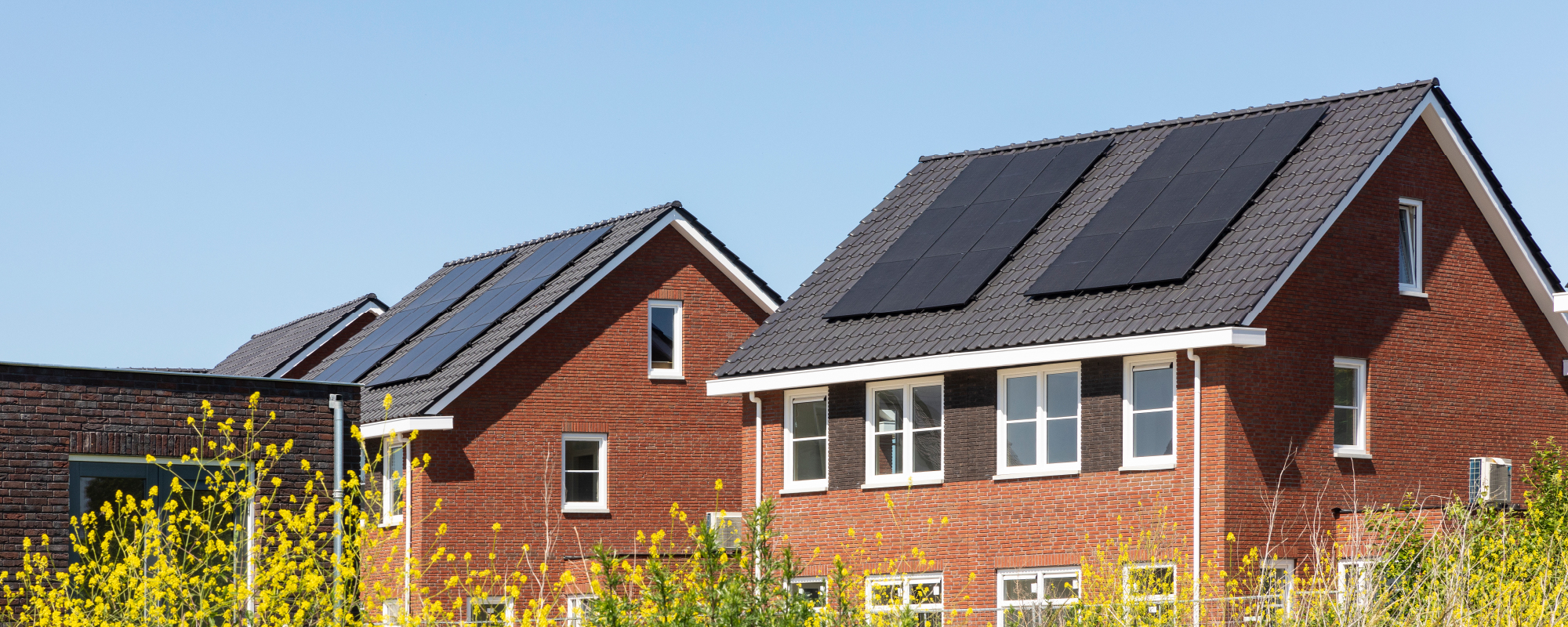As COP28 arrives, it brings a stark reminder that eight years have passed since the Paris Agreement. We have just over six years to achieve the target of halving global emissions by 2030.
The Paris Agreement outlined a trajectory that mandated staying below the 1.5-degree threshold by 2030, peaking in 2025, and declining after. However, the reality is that the attainment of 1.5 degrees appears increasingly challenging as even by hitting Net Zero pledges, warming is likely to reach 1.8 degrees. We must remember that even within the 1.5-degree limit, 14% of the global population is expected to face severe heat waves. Those at the highest risk include often under-represented islands, such as the Marshall Islands, numerous African and Middle Eastern nations. One of the high-risk countries is the United Arab Emirates: this year’s host.
This year, at COP28, we can expect the unveiling of two burning uncertainties on the global stage of decarbonisation and sustainability:
- The Oil and Gas Industry’s Crossroads: A Unique Opportunity or a Dilemma?
Held in the UAE, many have raised concerns about whether the outcome will be swayed by powerful oil and gas advocates. However, Dr Fatih Birol of the International Energy Agency shares a different perspective, suggesting that this controversial location also provides a unique opportunity for the oil and gas industry to demonstrate its commitment to decarbonisation.
- The Global Stocktake: Unveiling Nations’ Progress on Decarbonisation Targets
A major agenda at COP28 is the final stage of the first-ever Global Stocktake, offering clarity of how countries are performing in their journey to aligning with the Paris Agreement. It is expected to shape future climate plans and show where the world currently stands on its pledges.
What is the significance of COP28?
Any disappointing outcomes of the two above uncertainties will only fuel policymakers’ understanding that the harmful effects of greenhouse gas emissions and the devastating consequences of climate change are, unfortunately, not compelling enough for companies to decarbonise quickly and significantly, and that policy intervention is critical. We already know from this year that international policies such as the Carbon Border Adjustment Mechanism and proposals such as the Ban on PFAS, have significantly shaken up the industry.
At Gemserv, we have noticed the impact that these policies have on companies from energy suppliers to manufacturers. Sustainability, once confined to corporate boardrooms, has permeated deeper into companies, reaching supply chain and R&D teams. While this transition from strategy to implementation sheds a light of optimism, some challenges have also emerged. As the first ever IEA conference on critical minerals confirmed this year, a new battle faces us in the path to decarbonisation: sustainability during just the operation of the product is not enough. It must be sustainable in production and in the End-Of-Life. Our work with clients this year has been collaborative, supporting them both through our expertise and that of specialist partners, through the entire journey – from corporate-level strategy to realising sustainability goals at the product and production level.
In the past few years, we have seen sustainability extend beyond decarbonisation, with the best practice embracing a holistic approach that includes human rights, biodiversity, toxic waste emissions and water conservation and circular economy. As COP28 also aims to finalise the arrangements of the Loss and Damage fund, we hope to see further drive for a just transition.


